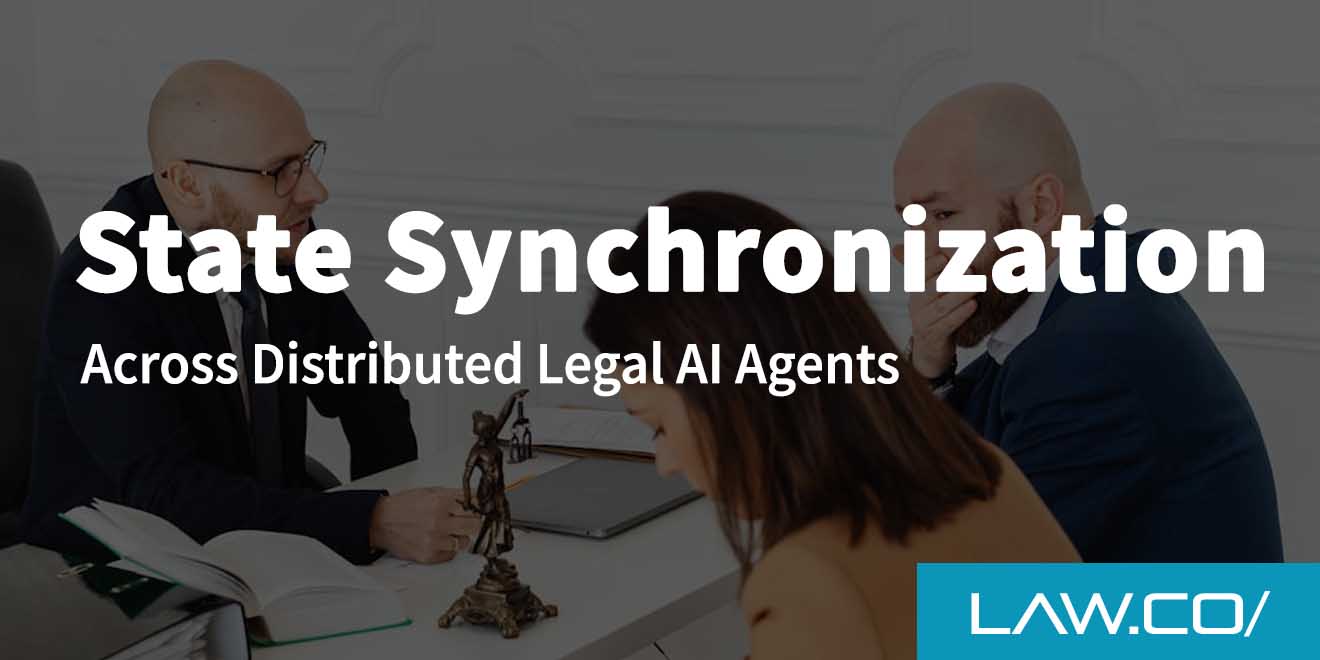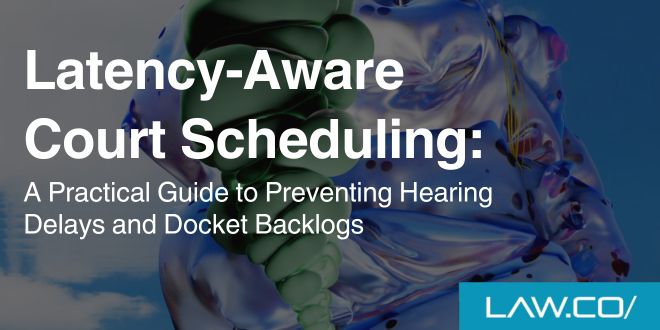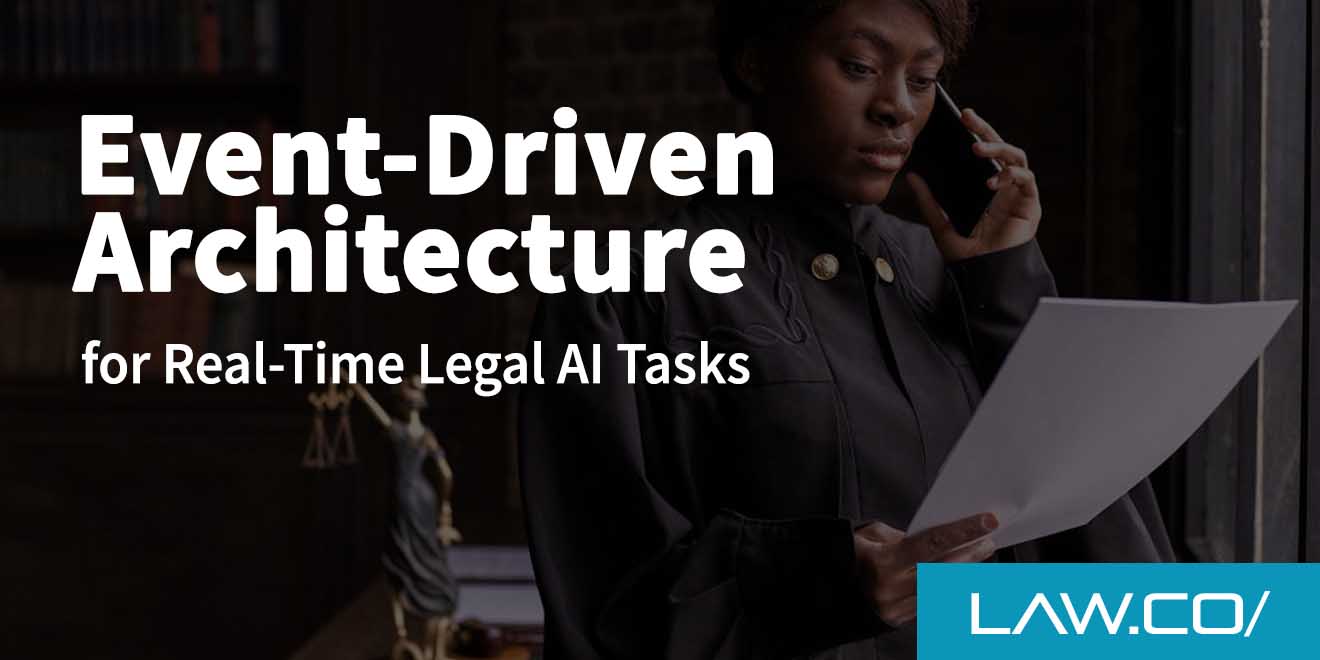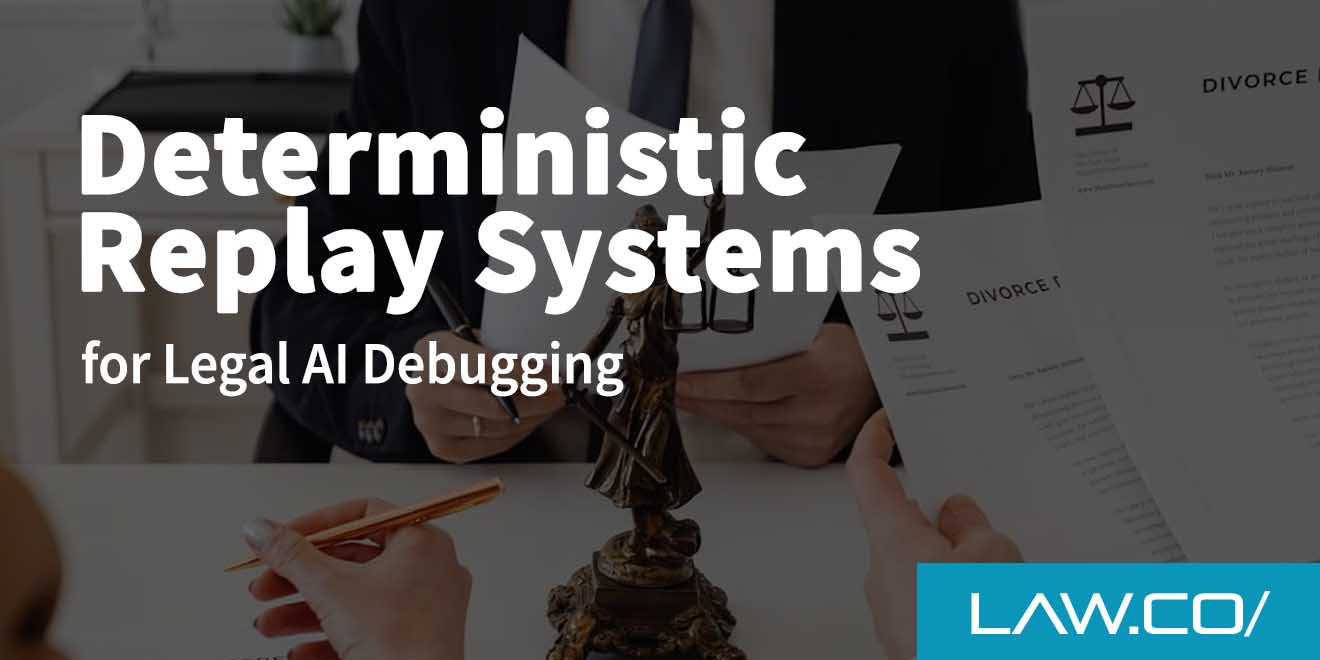

The Top 20 Legal AI Tools for Optimizing Your Law Firm
AI is changing the world.
Well, at least most of the world.
The legal profession is no exception.
Thanks to modern legal AI tools, lawyers have more resources than ever before to expedite menial tasks, automate repetitive tasks, and generally serve their clients better.
Human lawyers aren't going away anytime soon, but they are enjoying much more streamlined workflows and simplified responsibilities.
If there's a problem, it's that there are too many legal AI tools available to choose from.
How are you supposed to choose the right tool for your needs when there are literally dozens of specialized legal AI tools on the market?
Don't worry. We're here to help you figure it out.
What Is a Legal AI Tool?

What exactly is a legal AI tool?
The simple answer is that it's a tool powered by AI and designed to help lawyers and everyday consumers with their legal needs.
In many cases, capabilities include:
· Legal research. AI can browse through thousands of records in the blink of an eye, deeply diving into previous cases and finding historical examples to draw upon. In mere minutes, AI can do research that saves lawyers hours of time.
· Document review. Legal AI is also useful for document review. Whether you're looking for potential loopholes in contracts or are reviewing evidence, legal AI can streamline and simplify this task.
· Legal document drafting. With the help of generative AI, you can also use these tools for document drafting. Simply explain what type of document you want and you'll get a decent first draft that you can polish to perfection.
· Risk mitigation and management. For many lawyers, part of the job entails properly analyzing and addressing potential risks. With the help of AI, this becomes much simpler – and it's a great way to double check your own work.
· Legal analysis. How do cases like this usually go? How does the judge typically behave? Why is this jurisdiction unique? What are your chances of winning? Sufficiently powerful AI can help you with all types of legal analysis.
· Predictive analytics. Many legal AI tools also incorporate predictive analytics, allowing you to forecast the future of any legal event with relative accuracy.
· Client interactions. Sometimes, legal AI tools even offer features to support client interactions. They can converse with your clients directly, gather data from those clients, and even provide them with the information they need.
Who Are Legal AI Tools for?
Generally, legal AI tools are made for lawyers and law firms. Lawyers and law firms can use legal AI as ultra-powered assistants, automating and carrying out a wide variety of tasks. However, there are also some legal AI tools that are designed to be used by consumers, as a replacement for a lawyer. These are limited in capacity and questionable in terms of utility, however, so it’s best to exercise caution and hire a human lawyer for your legal needs.
The Top 20 Legal AI Tools Available Today
These are some of the top legal AI tools available today, and they're only going to get better:
1. Law.co. Law.co offers a bit of everything, and it can support almost any type of lawyer. It has access to countless legal records and can research them with lightning speed. It can review documents and evidence with precision and focus.

It can help you draft almost any kind of legal document within just a few minutes. And of course, it can help you evaluate risks and catch mistakes before it's too late. Best of all, it's easy to use – and if you don't believe it, you can sign up for a free trial to see it for yourself.
2. AI Lawyer. AI Lawyer is meant to function as a personal legal assistant, powered by the advanced capabilities of modern AI.

From analyzing documents to providing personalized advice on how to move forward, this tool can streamline your work and help you make better decisions for your clients and cases.
3. LegalRobot. LegalRobot is an AI platform offering contract review, automation, and features to support collaboration with other lawyers.

It also has real-time risk assessment and can help you with writing legal briefs.
4. CSDisco. CSDisco is all about discovery, offering incredibly fast data processing in the legal world. It makes it easy to organize and tackle routine tasks like managing emails and parsing legal documents.

It also offers visual analytics to turn any legal data set into something more easily interpretable.
5. Ghostwriter Legal. With the help of Ghostwriter Legal, you can create legal content like never before.

This all-in-one legal support tool can help you draft contracts, briefs, and memos in equal measure – and make sure you remain compliant the whole time. Think of it as your own personal legal ghostwriter.
6. Ivo. Ivo bills itself as the “leader in AI contract review.” It’s certainly one of the fastest and most powerful tools currently available for streamlining contract review.

Within minutes, this tool can parse and analyze even the densest contracts, flagging important terms and sections and gauging potential risk.
7. BlueJ. BlueJ sports more than 10,000 users – and for good reason. Its primary function is predictive analytics, precisely forecasting potential cases and legal developments using absurdly large volumes of data.

Even better, it presents findings in plain language – so any lawyer or layperson can easily understand them.
8. Westlaw Edge. Westlaw Edge, by Thomson Reuters, is a godsend for lawyers tired of dealing with document review and other menial tasks.

Instead of searching through piles of documents, you can utilize these advanced algorithms to discover new insights and refine your work. You can even validate legal citations and analyze your positions in real-time.
9. Lex Machina. Lex Machina specializes in processing large volumes of data, so it’s perfect for reviewing court records, analyzing judge behavior, and even properly assessing the performance of your attorneys.

And it has no relationship to that sci-fi horror movie with a similar name… we think.
10. Bigle Legal. Bigle Legal is described as a “contract lifecycle management platform,” and it performs that job impeccably.

It’s excellent for reducing legal risk, improving internal compliance, and boosting control and traceability of your contractual operations. It’s also very easy to use and integrate with other tools.
11. CoCounsel. Casetext’s CoCounsel is cleverly named, as it functions as your AI-powered legal partner.

It can help you with everything from document review to deposition preparation and contract analysis, as well as more niche functions like timeline creation. Uniquely, this tool also offers personalized learning, adapting over time to your needs.
12. Diligen. Most heavily focusing on contract review, Diligen uses powerful AI to extract key terms and provisions – and upload and review contracts much more easily than you could in the past.

Diligen also self-updates, adapting to your needs and behaviors to serve you even better in the future.
13. Gideon Legal. Gideon Legal is primarily designed for criminal defense law, but it can be used in a variety of contexts.

It’s one of the best tools for combing legal databases, analyzing judges and jurisdictions, and building cases based on historical case outcomes
14. LawGeex. LawGeex is perhaps best applied to contract review automation, but it can help you with a wide range of other tasks and responsibilities as well.

This adaptive AI assistant can help you analyze contracts, catch errors and inconsistencies, and even revise your work – all while learning and evolving based on your inputs.
15. Harvey AI. Harvey AI is a generative AI tool with predictive analytics capabilities.

It’s designed to probe deeply into legal databases and case histories – and it can analyze past patterns and trends to form predictions about cases. It can also help with risk analysis and mitigation.
16. PatentPal. If you work in patent law, you might enjoy using PatentPal.

It has exhaustive capabilities designed to help you search and analyze patents – and it can greatly reduce the manual effort required by most patent-related tasks. From infringement risk analysis to patent safeguarding, it’s a patent lawyer’s best friend.
17. DoNotPay. DoNotPay is a somewhat different tool on this list, as it’s made primarily for consumers, rather than lawyers. It uses state-of-the-art AI and accessible UX to translate complicated legal documents into simple language.

From reviewing contracts to fighting parking tickets, this platform can help average people in a host of different ways.
18. Smith.ai. Smith.ai functions like a virtual receptionist, helping you interact with your clients seamlessly and efficiently.

You can offer live chat and phone calls, capturing client information and responding to them with professionalism and genuine warmth. Ultimately, it can save you hours of time every week.
19. ChatGPT. By now, most of us have used and are at least somewhat familiar with ChatGPT.

This incredibly powerful generative AI engine can understand almost anything you tell it and generate content according to your specifications with (mostly) reliable accuracy. If you plan on using AI only for simple, general task automation needs, ChatGPT could be a good fit.
20. A custom build. Of course, you may not be able to find a perfect fit on this list, especially if you have specific or unique needs. If that's the case, or if you're just looking for a better upgrade, consider building a custom legal AI tool from scratch using a competent development team.
Key Considerations for Choosing a Legal AI Tool
If you're in the market for a legal AI tool, these should be some of your most important considerations:
· Core features. Obviously, you'll need to think about the core features available in this legal AI tool. Will this tool be able to significantly help you in multiple ways? Are you satisfied with the quality of the outputs that you see? Are there similar tools on the market that can do even more?
· Usability. Next, you'll need to think about usability. How easy is it to learn how to use this tool? Can anyone within your organization take advantage of it?
· Niche fit. Some legal AI tools are designed to be generally appealing, while others are tailored to specific types of lawyers with unique needs. Depending on your circumstances, you may prefer the latter or the former.
· Adaptability. Many legal AI tools are designed to be personalized and self-updating. In other words, they learn from your inputs and preferences to improve themselves over time. It's a significant advantage if you plan on using these tools for the long term.
· Future plans. Speaking of the long term, what are the future plans for this tool? Does it seem like the development team is invested in this tool's long-term success? Are there new upgrades and patches in store for the future? How is this platform going to evolve over the next few years?
· Price. Of course, you'll also need to consider price. A legal AI tool that saves you hours of time every day is certainly valuable, but exactly how valuable is it? And would it be worth spending even more on customizations?
· Support. What happens if something goes wrong with this tool? Make sure you choose a legal AI tool backed by ample customer support.
These legal AI tools have a lot to offer.
But they still might not perfectly fit your needs.
If you’re interested in customizing a tool of your own, or doing a deep dive to figure out what your needs actually are, contact us today!

%201.svg)










